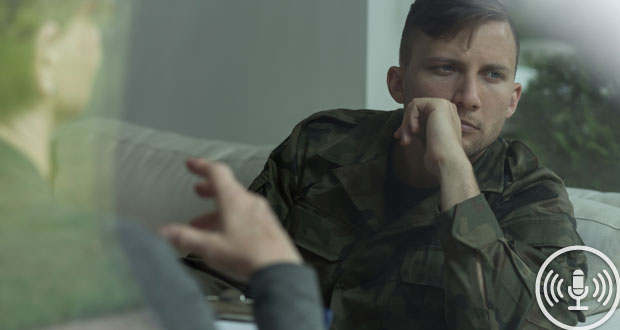Telling someone that their loved one is gone or has passed might seem like a gentle way to break news of a death but sometimes using such euphemisms can lead to misunderstanding and confusion, a palliative care expert has cautioned.
Writing for The Conversation, Deb Rawlings, along with colleagues from Flinders University, said while euphemisms do have their place, being able to talk openly and clearly about death and dying is important as it helps normalise death and avoids confusion.
“If health professionals use euphemisms, they need to consider whether patients really understand what they’re trying to say," Rawlings wrote.
Nursing Review spoke with Rawlings about the confusion that using euphemisms can cause, the reasons they're used and potential situations in which they may be suitable.
Do you have an idea for a story?Email [email protected]
 Aged Care Insite Australia's number one aged care news source
Aged Care Insite Australia's number one aged care news source


Many health professionals remain quite uncomfortable with the state of dying, and this understandably affects their ability to communicate at stressful times.